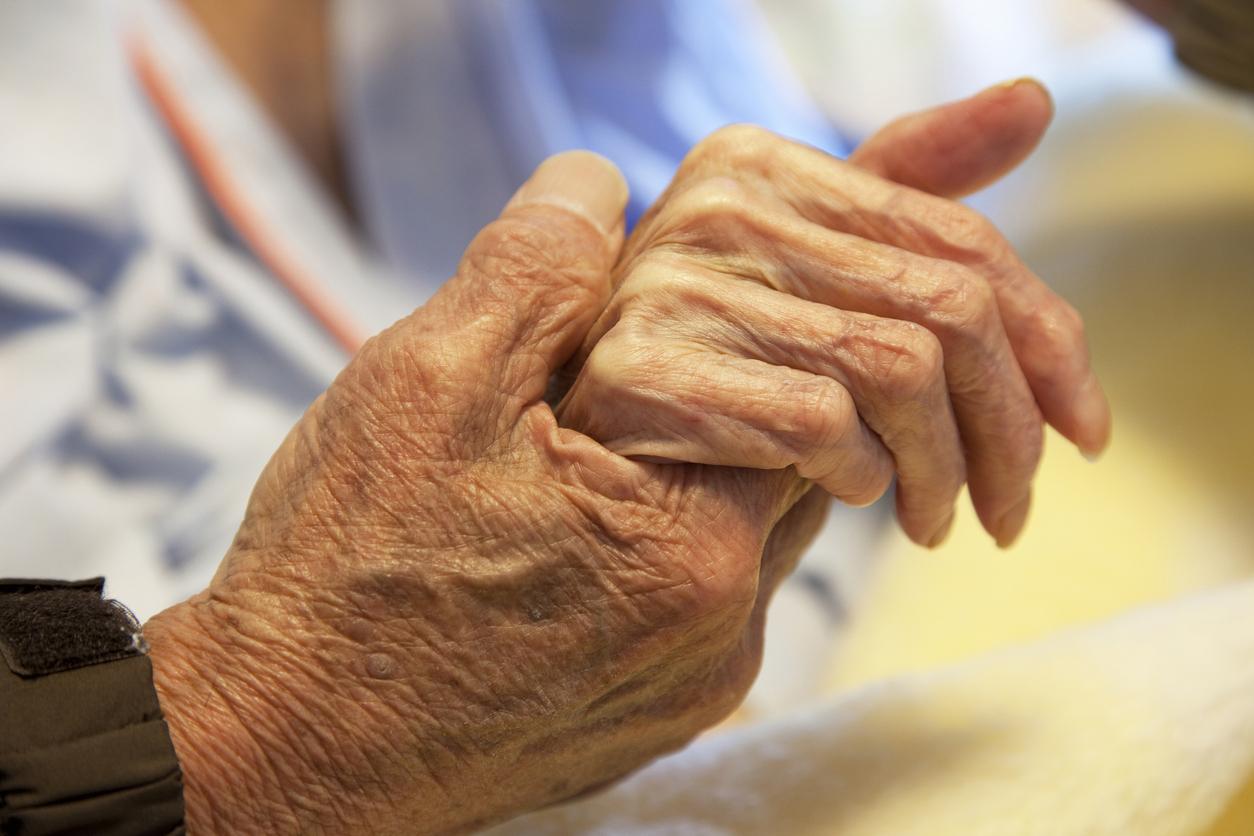The Haute Autorité de Santé guides people who want to write their end-of-life directives. She offers a ready-to-fill document.

After the vote, the forms. The new law on the end of life, adopted by Parliament in early 2016, broadens the rights of people at the end of their life. In order to facilitate the procedures for those who would like to write their advance directives, the Haute Autorité de Santé (HAS) is publishing a series of documents. She details the reflection to take when putting down your wishes on paper and provides a document ready to fill out.
The document proposed by the health agency distinguishes between healthy people and those suffering from a pathology. Even in the first case, they can prove to be invaluable. Indeed, a major health incident can occur suddenly: a traffic accident, a stroke. The incapacity can be prolonged. In the second case, the instructions concerning the end of life can be more precise, in particular on the use of drugs.
Beforehand, HAS guides everyone’s thinking by reminding them of the objective of such a paper. It consists in guiding the decision of the medical team in the event that the patient can no longer express his wishes on subjects such as “possible organ harvesting, funerals, or support by caregivers, of the family of the patient. the person after death. ”
But it is also possible to object in writing to the use of treatments intended to prolong life, cardiopulmonary resuscitation or artificial feeding. The healthcare professional is required to comply with these instructions “in accordance with the legislation in force”, specifies the Authority.
The importance of a reflection
Before putting its guidelines on paper, the HAS invites careful consideration, particularly on the notion of quality of life. It is indeed at the heart of this document. Open dialogue with a healthcare professional, patient association, or spiritual advisor can help calm thoughts on the subject.
These instructions are important for the well-being of the patient, but also of his relatives, underlines the health agency. “They will be able to relieve them by sparing them the difficulty and sometimes the feeling of guilt of participating in decisions for which they do not have to take responsibility,” she explains. A trusted person must still be appointed. She is the “bearer” of the patient’s voice, and will be contacted as a priority for any decision to be made.
The medical profession is also concerned by this series of documents, since the HAS underlines the importance of dialogue with the doctor when drafting advance directives. “Successive interviews are an opportunity to provide more and more precise information, in particular on the disease and its course, possible treatments and what can happen in the event of non-response or side effects”, underlines the text. Especially since professionals are on the front line when it comes to consulting the relatives of a patient who can no longer express his wishes.
.















